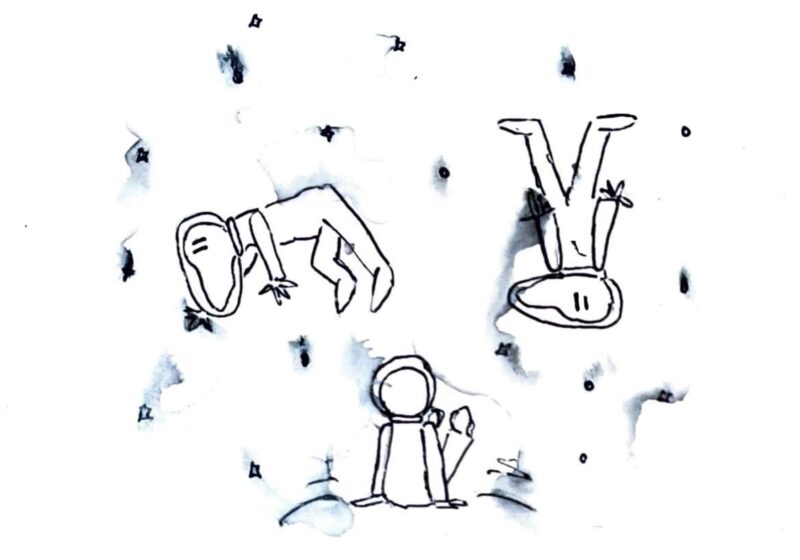Tuition costs will increase by $1,300 next year for full-time students attending the College and the School of Nursing with the total increasing to $25,430 for the 2002-2003 term. After adding in the average costs of room, board and other mandatory fees, it will cost just over $34,000 to be a student at UR next year, an overall increase of 4.9 percent.
Tuition costs increasing is nothing new for UR students, which have increased more than $10,000 since 1990, when a year of instruction was $15,150 a year.
Explaining the upward trend in the tuition, senior vice president for administration and finance Robert Paprocki said that “tuition increases are inevitable if we are to provide the necessary support for our programs.”
President Thomas Jackson agreed that the increase was mainly because of cost increases.
“We are consistently investing in new services, such as keeping our technology infrastructure up to date, and investing in new fields such as biomedical engineering,” he said. “But I don’t want to give the impression that the major reason for tuition increases is new and improved services, as I think that most ? although not all ? of the reason for the increase is captured by the service sector and [to keep our] competitive position. In short, continuing to ensure that we can continue high-quality faculty and programs that we already have in use.”
Jackson said he preferred to focus on the increase of UR’s tuition compared to the growth of the average family income.
“At least over the past seven or eight years, on average, our tuition increase has lagged slightly being what I view to be the most relevant measuring rod [which is] the growth in the average [family’s] income,” Jackson said.
Tuition costs at schools throughout the university are climbing by comparable amounts for the next term. A full year of instruction at the Eastman School of Music will cost $22,800 up from $21,800 ? a 4.2 percent increase ? this year. Graduate students at the William E. Simon School of Business Administration and at the School of the Medicine and Dentistry will see tuition climb to $30,300 next year. For Simon students, it will be a 7 percent increase from this year’s costs, up from $28,290. Students at the School of Medicine and Dentistry will see an increase of 4.1 percent, up from $29,100 dollars this term. Tuition costs for students at the Margaret Warner Graduate School of Education and Human Development will increase 5.3 percent next year to $25,430, up from $24,150.
The figures do not include the additional costs including room, board and other fees.
The costs are increasing this year because of many factors, including many of the same ones that drove price increases over the past couple of years. Increasing electricity cost, inflation and higher insurance premiums are putting pressures on UR’s budget. Economic effects from the terrorist attacks on Sept. 11 are also having an impact.
“The economy affects us all, although there are some institutions that have fared worse that we have over the past year,” Paprocki said.
The attacks have pushed insurance premiums have sky-rocketed, one direct effect from the attacks, Paprocki said.
River Campus students seemed resigned to seeing the numbers go up again this year and most expressed frustration.
“Personally, I expected it,” freshman Ben Margolis said. “Tuition’s always going to rise.”
Sophomore Kenan Warner felt the increase was unwarranted. “I think they take enough money as it is. They don’t need to take anymore,” he said.
Undergraduates at Eastman expressed ambivilence to the increasing costs of tuition.
“I’m sure not just our school, but other private schools have raised tuition as well,” Eastman junior David Kim said. “If they raised it, I’m sure there’s a good reason behind it, like our country’s current economic situation.”
Some didn’t agree with Kim.
“People need to realize that 4.6 percent of $30,000 isn’t a small increase. It’s a lot of money being added to an already hefty bill that many of us are having trouble paying,” Eastman sophomre Sam Haddad said.
The tuition increase is in line with other schools that are members of the Consortium on Financing Higher Education.
Stanford University will increase its tuition 5 percent to $27,212.85 and Princeton University will hike its rate 4.1 percent to $27,232.56. It is also important that some schools charge both a tuition fee and a new technology fee. For example, Case Western saw a tuition increase of 7.9 percent, a room and board increase of 12 percent and a new technology fee.
“We are very concerned about affordability,” Paprocki said. “We are also concerned about quality. We try very hard to find a balance between the two in an appropriate manner.”
Additional reporting by Jennifer Weiss and Andrew Uzilov.
Hildebrandt can be reached at thildebrandt@campustimes.org.



